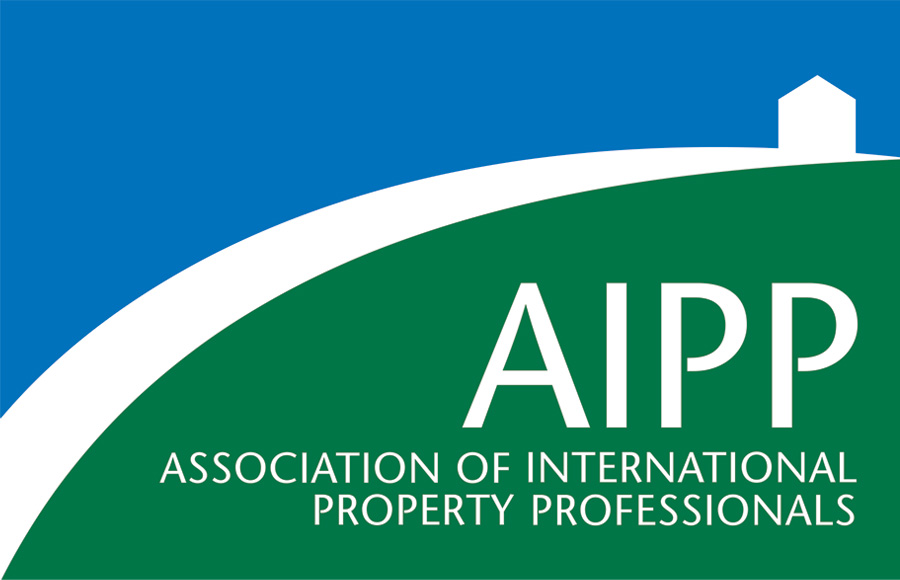0034 686009408
info@villasolrealestate.com


Spain is reported to be investigating over 900 individuals and companies with links to Russia. However, the Ministry of Finance has warned that its specialist staff will take, “months, if not years,” to arrive at conclusions.
Since early March, investigators are reported to have been trying to unravel the complex assets and interests of those in Spain who are close to Russia’s Vladimir Putin. There are around 80,000 Russians registered as living in this country but, according to State security forces, none of these faces restrictions.
Instead, investigations are continuing into those who are close to the Kremlin, those who have visited Spain numerous times and those who have assets here, including luxury yachts. One of these, an 85-metre-long vessel named Valerie (pictured) was seized by the authorities in Barcelona port in the middle of March. The owner is reported to have been a close friend of Putin since the era during which both worked for the KGB.
Spain has also agreed to join around 40 other countries in a lawsuit to be brought against Vladimir Putin alleging he is guilty of war crimes, crimes against humanity and genocide. Foreign Minister José Manuel Albares said that the main objective of this, together with economic sanctions, is to “isolate Putin and those around him more and more.”
Meanwhile, refugees from Ukraine began arriving in Spain throughout March, with the province of Málaga reportedly taking in most individuals in the region of Andalucía. The president of the Junta de Andalucía, Juanma Moreno, said that a total of around 1,200 adults and children would be welcomed in private homes, in youth hostels and in other accommodation made available by property owners.
Local support for the Ukraine
A coach charted by Nerja Town Hall with the help of the Nerja Business Association and local tour operator Viajes Turísticos, completed a round trip of 6,600 kilometres when it returned home from Poland on March 18. On board, were several dozen women and children fleeing from Ukraine who were picked up at Krakow.
When they arrived in Nerja, the refugees were given a warm welcome and presented a bag of personal hygiene products, as well as toys for the children. They were then transferred to an hotel in Alcaucín to be processed and to receive health care before being handed into the care of individual families who had offered accommodation.
On the outward journey to Poland, the bus was loaded with humanitarian aid and basic necessities donated by local people, groups and associations. These were then transferred to the interior of Ukraine to be distributed amongst the population.
Nerja Town Hall, meanwhile, has aligned itself with national institutions and the international community demanding “the immediate cessation of aggression and the withdrawal of Russian military personnel deployed in Ukraine” and has conveyed its “solidarity and affection” for around 70 Ukrainian citizens resident in the municipality.